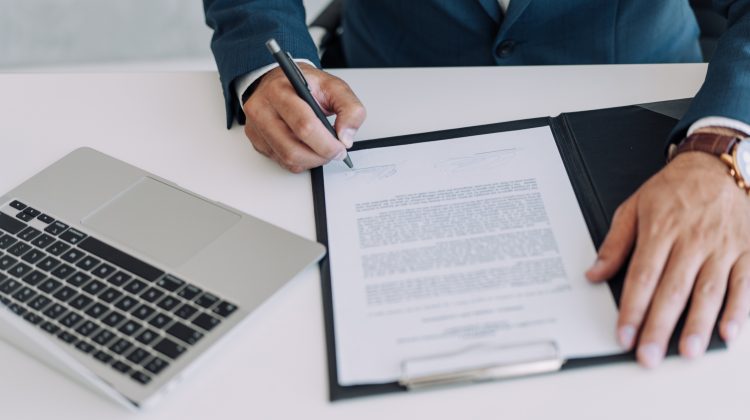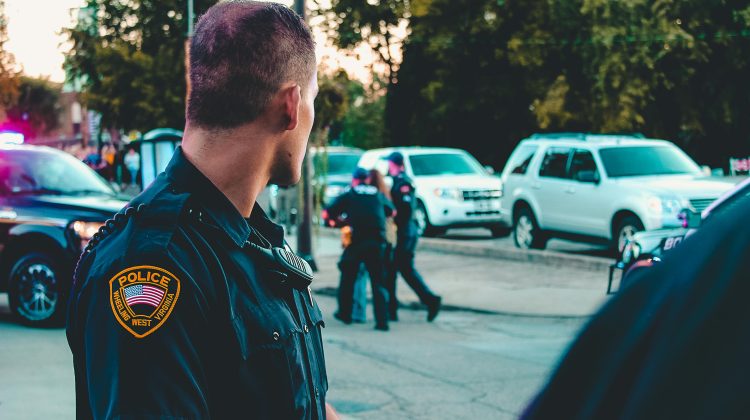If you have been arrested, you may feel overwhelmed and stressed. However, it is important, and to your advantage, to stay calm and remember that you have rights. Unfortunately, this experience can go bad quickly. It is the police officer’s duty and responsibility to keep the situation, however if the police officer does not act accordingly, staying calm may help de-escalate situations.
Know Your Rights
In a high stress situation you may not understand what is being said to you, so know your rights. The United States has a crucial part of the legal part which is to read your Miranda rights. Let’s go over them. “You have the right to remain silent. Anything you say or do can and will be held against you in a court of law. You have the right to speak to an attorney. If you cannot afford an attorney, one will be appointed for you.”
- You have the right to remain silent: You do not have to answer any questions about where you were or what you were doing. If you choose to do so, say to the officer that you are using your right to stay silent.
- You have the right to a lawyer. If you cannot afford one, you have the right to a government-appointed one: It is suggested that you wait to ask questions until you speak to your attorney. Exercise this right as soon as you can. Make sure that you are open with your lawyer. They cannot help you if they don’t have all the details.
- Understand your search rights: If you have been stopped by the police in public you may refuse search. However, they can pat you down. If they continue to do a search, make a clear objection to use in legal proceedings. All other searches must be carried out with a search warrant according to your fourth amendment right.
- Right to A Phone Call: Once you have been arrested you have the right to one local phone call. The police are not able to listen if it is your lawyer.
What Next?
In addition to your rights, there are other steps to help protect yourself after being arrested. Following your arrest, report that your rights were either upheld or violated and listen to all of your lawyer’s legal advice. According to the lawyers at Graham Donath Law Offices, a criminal defense attorney will be responsible for examining witnesses, formulating every aspect of a plea deal, reviewing search and seizure procedures used in your case, and more. To keep your case as confidential as possible only talk to your lawyer about the details. Posting on social media or discussing information with others can add further complications and be used against you in court.
How Do Bail Bonds Work?
Bail bonds are used to secure the release of someone charged with a crime. The bail is the specific amount of money that is set by a judge. However, if you do not have the financial means to pay the bond yourself you can receive a bail bond.
A bail bond is a contract between the defendant, a bail bond agent, and the court. The bail bond agent, who is usually a licensed insurance company or individual, agrees to pay the full amount if the defendant does not show up for their court appearances. In exchange for this service, the defendant or their family pays the bail bond a non-refundable fee, which is typically 10% of the full bail amount.
Once the fee has been paid, the bail bond agents post a bond with the court, guaranteeing the defendant’s appearance in court. If the defendant fails to appear in court, the bail bond agent has the right to track them down and bring them into the court, or pay the full amount of the bail to the court. The bond is then returned to the agent once the case has been resolved.
Final Thoughts
Although it may be a very tense and overwhelming situation, try to remain calm. Remember that you have rights. You are innocent until proven guilty. Educating yourself on possible outcomes will help you move forward.




No Comment